Research Initiatives
The ABTA’s Research Program supports both established and new scientists in discovering more about the causes, effects, diagnosis, and treatment of brain tumors.
Early Career Investigator Awards
In addition to our own grants, the ABTA provides funding for other early career investigator awards:
AACR-ABTA Scholar-in-Training Award
This award is presented during the American Association for Cancer Research (AACR) Annual Meeting to support the travel of early-career investigators presenting brain cancer research.
ABTA Young Investigator Award
This award is presented during the American Association of Neurological Surgeons (AANS) and the Congress of Neurological Surgeons (CNS) annual meetings to support the travel of two junior faculty members who are presenting their neuro-oncology research at the meetings.
Brain Tumor Epidemiology Consortium (BTEC) Junior Investigator Award
This award is given to two early-career investigators with an interest in epidemiology of tumors in the brain and central nervous system.
2023 Awardees
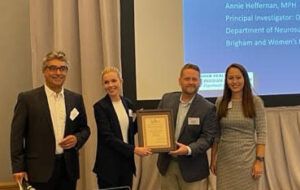
ABTA Chief Mission Officer, Nicole Willmarth, PhD, with 2023 BTEC Junior Investigator Awardee, Anne E. Heffernan, MPH, from Brigham and Women’s Hospital, and the BTEC annual meeting co-chairs, Luc Bauchet, MD, PhD and Michael Scheurer, PhD, MPH. Johnathan de Sousa Parriera (not pictured), from Federal University of Rondônia in Brazil, also received a 2023 BTEC Junior Investigator Award.
Brain Tumor Funders’ Collaborative
The Brain Tumor Funders’ Collaborative (BTFC) is a partnership among private philanthropic and advocacy organizations. The BTFC has supported three multi-million dollar projects, eleven biomarker feasibility studies, and is currently collaborating on a study of long-term survivors of glioblastoma.
Grant Opportunity: Advancing Liquid Biopsy for Patients with Primary Human Brain Tumors
Molecular and Clinical Factors of Long-Term Survival in Glioblastoma Patients
3 year update
Glioblastoma (GBM) is a very aggressive type of brain tumor and is one of the most lethal cancer types in adults. While nearly half of GBM patients die within a year of diagnosis, about 5 percent live more than five years after receiving their diagnosis. These patients are considered long-term survivors. Currently, it is known that long-term survivors tend to be younger, are more likely to have had a complete tumor resection and have favorable molecular markers (IDH mutation and/or MGMT methylation). All other factors that lead to long-term survivorship are unknown.
In order to find these factors, a large international consortium was formed and funded by the Brain Tumor Funders Collaborative. So far, 34 institutions have enrolled more than 300 patients. Molecular testing, imaging, and other tests from long-term and non-long-term survivors are being compared to identify patterns specific to the long-term survivors. Understanding how these patterns relate to survival will give scientists a better understanding of how GBM develops, as well as shed light on new strategies for treating all GBM patients.
Metastatic Brain Tumor Collaborative
Metastatic brain tumors start somewhere else in your body and travel to the brain. Lung, breast, kidney, colon, and melanoma (skin) cancers are typically the most common cancers that spread to the brain.
Metastatic brain tumors are the most common type of brain tumors in adults. Current estimates suggest approximately 200,000 to 400,000 adults are diagnosed annually in the U.S. And unfortunately, the average prognosis following diagnosis is only a few months.
Discovering that there are no patient advocacy organizations dedicated to metastatic brain tumor education and support, the American Brain Tumor Association decided more needs to be done to serve this patient population.
As the leader of brain tumor education, support services and research, the ABTA created the Metastatic Brain Tumor Collaborative to inform, support and empower patients diagnosed with a metastatic brain tumor.
Our Partners:
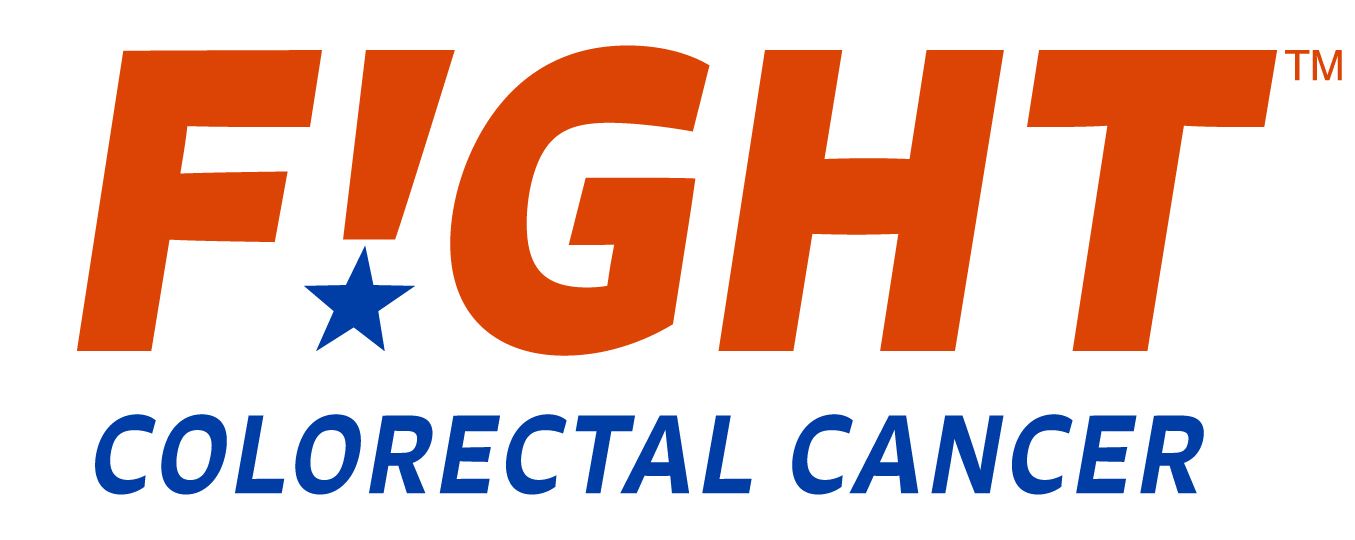

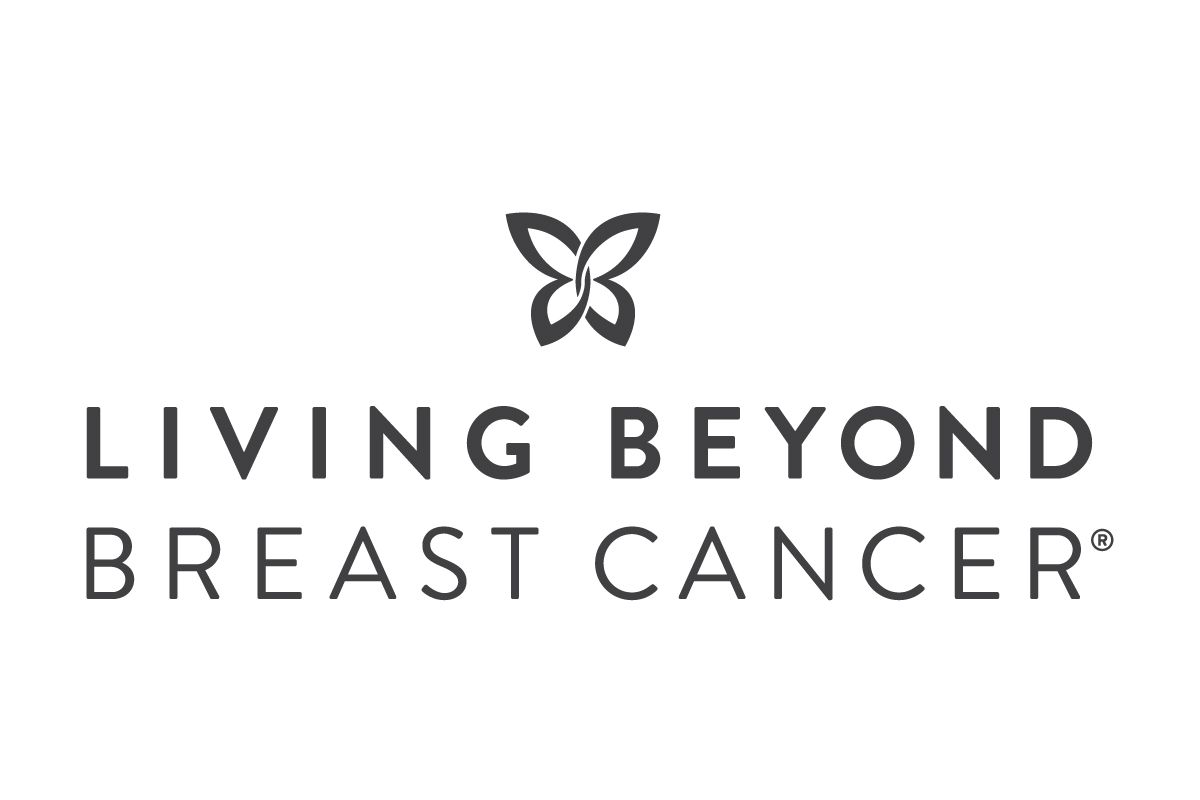

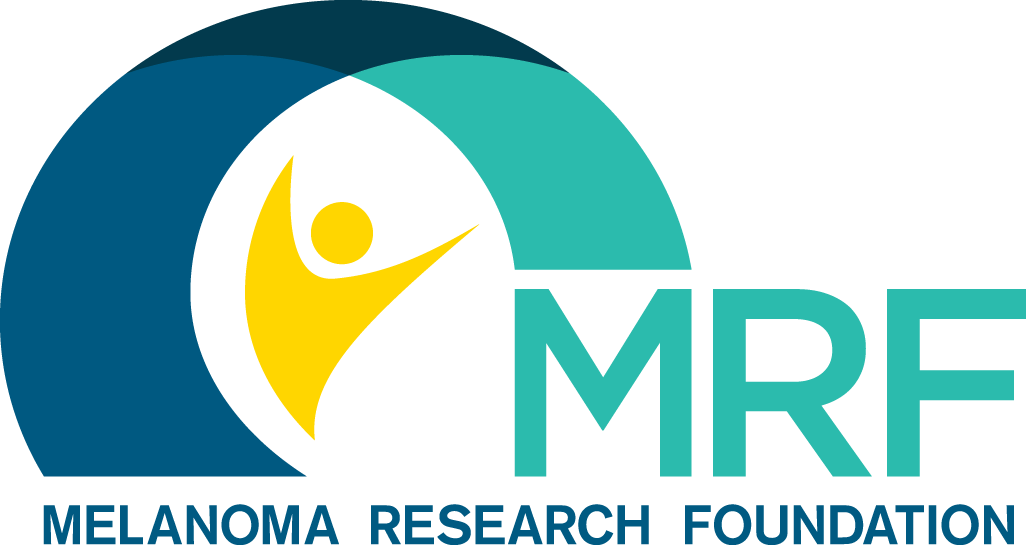
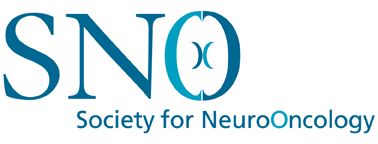




Brain Tumor Project
The Brain Tumor Project is part of Count Me In, a non-profit organization that’s pursing a new approach to cancer research-bringing patients and researchers together as partners to accelerate discoveries. It’s a patient-partnered research study open to anyone in the US or Canada who has been diagnosed with a primary brain tumor. Patients can visit BrainTumorProject.org to find out more and join online to share their voices, samples and clinical data.
This approach allows patients who don’t currently have the opportunity to participate in research – the vast majority of cancer patients in the U.S. – to say “Count me in” and participate in research directly. The project shares de-identified clinical, genomic, and patient-reported data widely so anyone can use and learn from it, with a goal of transforming our understanding of brain tumors. By discovering the genes and the variants that drive this disease and sharing this data, they hope insights can be gained to develop more effective therapies.
Cold Spring Harbor Laboratory Brain Tumor Course
The ABTA is the official sponsor of the Cold Spring Harbor Laboratory brain tumor course, a one-week brain tumor course held every other year. This unique course provides a clinical overview and emphasizes the molecular mechanisms involved in the growth and development of brain tumors.
CBTRUS
The Central Brain Tumor Registry of the United States was founded in 1992, after the ABTA conducted a two year study to determine the feasibility of a central registry for all primary brain tumor cases in the U.S. One of the reasons for our continued support of this registry is to ensure the availability of data on the incidence and prevalence of both non-malignant (benign) and malignant brain tumors. The ABTA continues to support the printing and distribution of the CBTRUS’ Statistical Reports on Primary Brain and Central Nervous System Tumors.
Low-Grade Glioma Registry
The ABTA provides research funding to build a low-grade glioma (LGG) patient registry. The intent of the registry is to determine germline (inherited) and somatic (non-inherited) genetic variants that may be associated with increased risk of LGG. The registry will also be used to look at response to treatment data and clinical outcomes within this patient population.
The study is being led by Elizabeth B. Claus, PhD, MD, Professor of Biostatistics; Director of Medical Research, School of Public Health; Director of Stereotactic Radiosurgery, Department of Neurosurgery, Brigham and Women’s Hospital.
For more information, contact the registry at glioma@yale.edu or visit their website.




